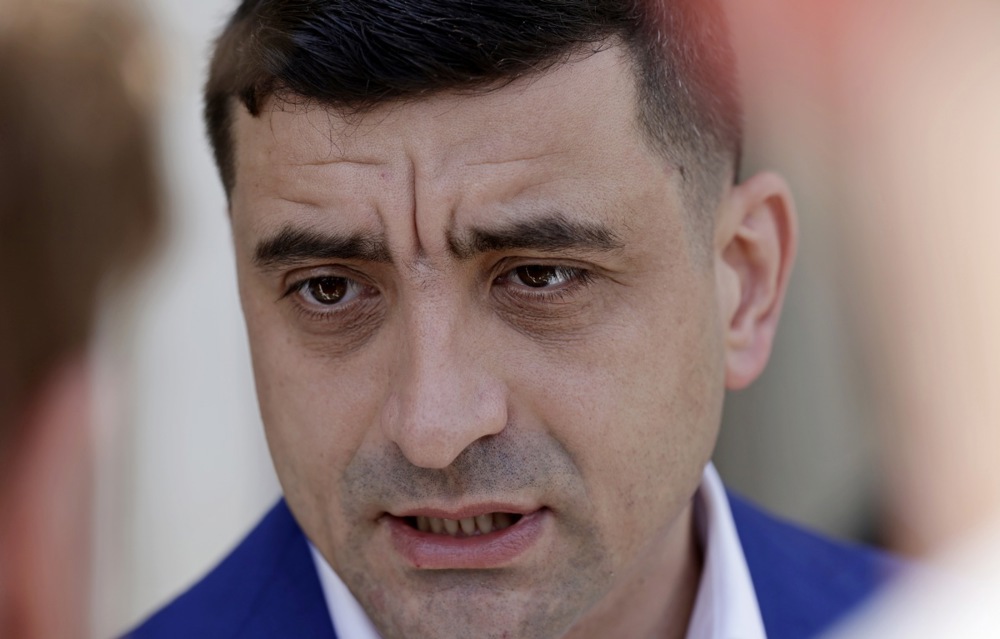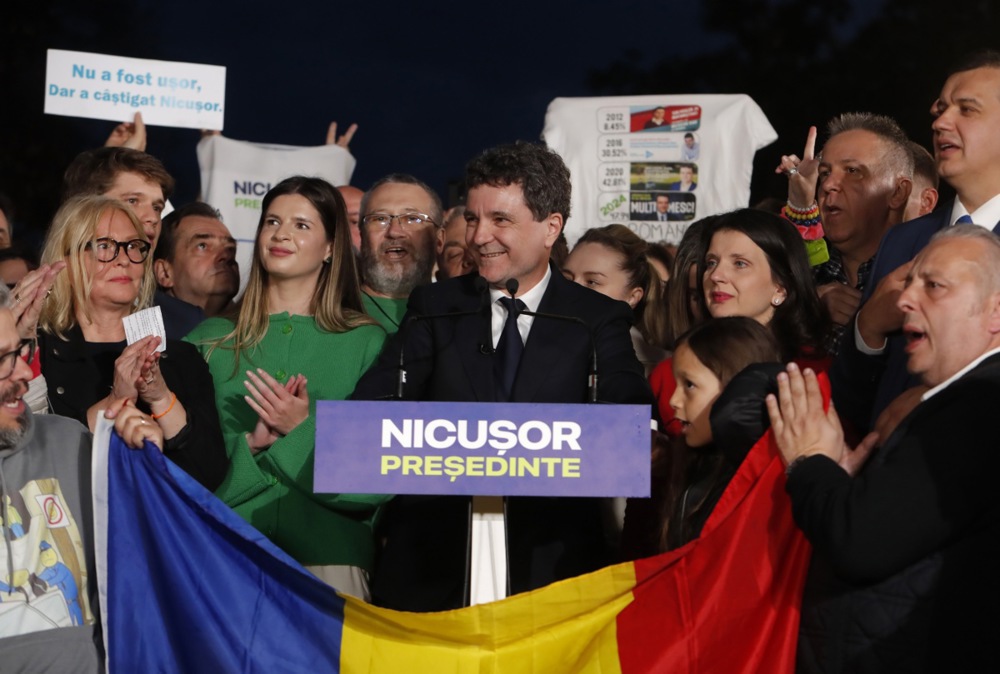In a closely contested parliamentary election held, Norway’s centre-left bloc, anchored by the Socialist-leaning Labour Party, has secured a narrow victory, claiming 87 of the 169 seats in the Storting.
This outcome yesterday ensures that Prime Minister Jonas Gahr Støre’s Labour-led government will continue for another term, possibly with a diverse coalition.
“This is a signal to outside Norway that social democracy can also win despite a right-wing wave,” Støre declared triumphantly to a cheering crowd of Labour supporters in Oslo, who chanted “four more years” as early results rolled in.
Deputy leader of the Labour Party Tonje Brenna told the press on this morning: “It has been exciting to follow the results, and I am very pleased that the Labour Party seems to have done incredibly well in the election – even better than in 2017 and 2021, so I am delighted”.
The victory allows Støre to form a minority government, likely requiring support from left-wing coalition partners, although negotiations could prove tricky given demands over divestment of Israeli-linked investments, and environmental policies.
Despite being in the same electoral coalition, the Agrarian Party and the Greens do not get along well and often clash over issues such as energy, European Union policy and climate issues.
Despite the progressive win, the right-wing opposition experienced a surge, particularly from the populist Progress Party, which achieved its best-ever result. The the Conservative Party rebounded from earlier polling lows to strengthen its position despite not clinching overall power.
The election, marked by record early voting and high turnout estimated at around 78 per cent, was dominated by debates over rising living costs, wealth taxes, public sector reforms. Norway’s huge $2 trillion (€1.7 trillion) sovereign wealth fund — especially its investments in companies linked to Israel amid the ongoing Gaza conflict – also featured heavily.
Polls had predicted a razor-thin race, with the red-green alliance of Labour, the Socialist Left Party (SV), the Red Party, the Centre Party and the Greens projected to edge out the centre-right coalition of the Conservatives, Progress Party (FrP), Liberals and Christian Democrats.
Labour topped the individual party results with 28.2 per cent of the vote.
The FrP, led by anti-immigration firebrand Sylvi Listhaug, surged to 24 per cent — its strongest performance — capitalising on voter frustrations with inflation and immigration policies.
The FrP syphoned support from traditional centre-right bases, including the Conservatives.
The FrP’s historic surge was driven by young male voters and those concerned about economic pressures.
Listhaug, celebrating her party’s record result, emphasised the mandate for change: “This is the best-ever showing for Progress, proving that Norwegians want tougher policies on immigration and lower taxes to combat the cost-of-living crisis.”
Former prime minister Erna Solberg, leader of the Conservative Party, acknowledged the defeat but highlighted the opposition’s gains.
Speaking to supporters at an election meeting in Oslo, she said: “We can already state that the Conservative Party is embarking on a new term in the Storting [the supreme legislature of Norway] as an opposition party.”
The Conservatives suffered one of its worst elections in years, taking just 14.6 per cent of the vote. The party’s poorest result ever came in 2005, when it received 14.1 per cent of the vote.
Solberg took personal responsibility for the party’s performance and several people have spoken out in favour of her stepping down. Deputy leader Henrik Asheim said he believed that a change of leadership was natural – and that he was open to taking over as party leader.
The Conservatives’ campaign focused on scrapping the wealth tax and reforming public services but, they were overshadowed by the FrP’s securing of populist momentum.
Another element of the loss of the right-wing coalition was the dismal result for the Liberal Venstre Party, which scored under 4 per cent and did not secure any seats, whereas it previously held eight.
Despite the Left’s overall win, the right-wing bloc secured 82 seats, positioning them as an opposition force that could challenge Labour on key issues.
In order to get a budget passed, Labour must rally all the parties on the red-green side. Five are needed to secure a majority. That is something not seen seen before in Norwegian politics and it is expected that the parliament will play a bigger role in politics.
Norway’s result stands out as an outlier in the Nordic region, where neighbours Sweden and Finland are governed by right-wing coalitions.
Analysts predict that Støre’s government will prioritise welfare expansion and “green” transitions but the strengthened Right could push for concessions in parliament.
Støre’s first term has been marred by soaring inflation, rising interest rates and a cost-of-living crisis. Scandals — including tax evasion and ethics violations — forced several ministers to resign.
Despite slipping poll numbers, Støre stabilised his government in part by reshuffling the cabinet and appointing Jens Stoltenberg, former NATO chief and Norwegian prime minister, as finance minister.





